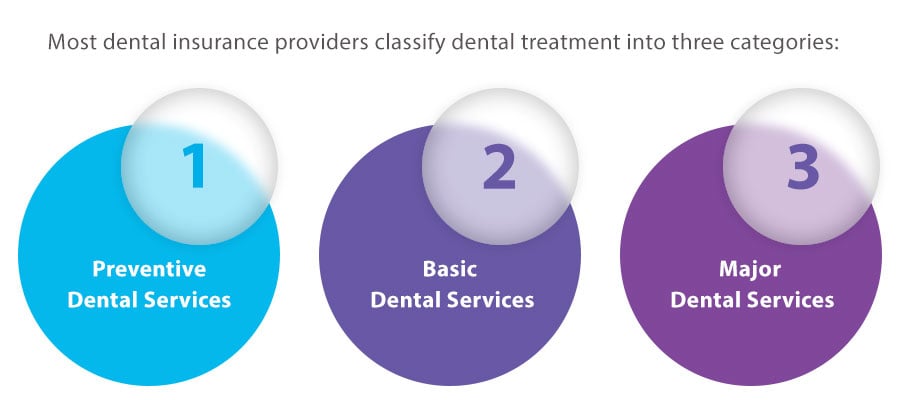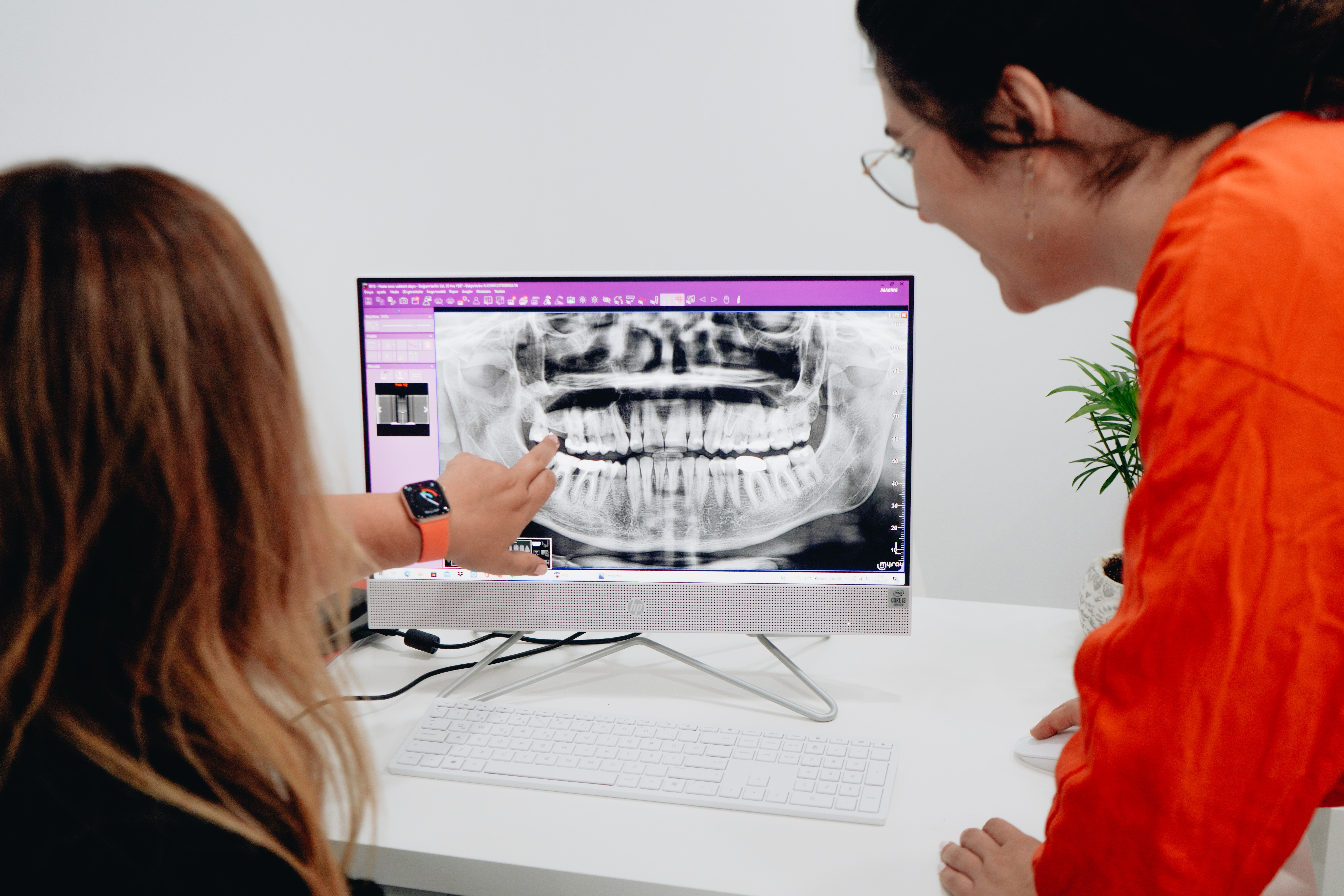Knowledge is power.
Believing that implies that you appreciate being well-informed. Let’s apply that to your dental care and the knowledge to distinguish between routine dental treatment, restorative dental treatment, and whether you need a second opinion.
The more you know
Maybe you’ve been faced with deciphering your dental insurance provisions. Or perhaps you’ve wondered why your dentist is recommending a follow-up appointment after your teeth cleaning.
These scenarios confirm the knowledge-is-power idea.

For starters, most dental insurance providers classify dental treatment into three categories:
- Preventive dental services
- Basic dental services
- Major dental services
Each have a particular coverage allowance. So, it makes sense to know what each covers and the differences between them.
Preventive dental care
These services would fall under the routine dental treatment category. Preventive dentistry typically involves procedures that:
- Help you maintain your oral health.
- Provide early diagnosis for potential oral health conditions.
- Save you from worsening oral health and the related costs for treatment.
Standard preventive services include:
- Examinations and teeth cleanings
- X-rays (Panoramic and Bitewings)
- Dental sealants
- Fluoride application
Basic dental care
Restorative dentistry is an appropriate term for this phase of dental services. Basic dental services focus on restorative care that corrects diagnosed tooth damage before it worsens.
Common basic dental care could include:
- Tooth fillings
- Simple tooth extractions
- Emergency treatment for tooth, mouth, or gum pain
- Root planing
- Periodontal (gum) treatment
- Root canals that do not require major restorative treatment
Major dental care
There are occasions when your dental treatment can be more complex. Major dentistry services often involve:
- More time
- A focus on previously diagnosed oral health issues
- Conditions that are less severe due to preventive treatment
The category of major dental services includes:
- Dental crowns
- Dental bridges
- Dental implants
- Denture treatment
- Orthodontic treatment (e.g. braces, retainers, etc)
- An extraction for impacted teeth
- Anesthesia or sedation
- Oral surgery
Now that you know…it’s possible to make a more informed decision about your dental care
Whatever category your current dental condition falls within, knowledge and expertise is on your side. That also applies to a second opinion about dental treatment.
You have options
Aside from preventive dental care, you could have more than one solution to your dental issue. This can give you more confidence going into a dental consultation and/or making a treatment decision.
- Get as much information as possible about your oral health problem.
- Ask questions and clarify the answers you’re receiving from your dentist.
- Discuss the longterm benefits and the pros and cons of recommended treatment solutions.
You have an opportunity for open communication
It’s a good idea to explore the “why” of a particular treatment in addition to the “what” details. Lack of clarity could lead to lack of assurance around your diagnosis.
That combined with constraints involving your personal time, financial resources, or emotions makes open communication all the more valuable.
- Discuss the possibility of treatment alternatives and any related positive or negative outcomes.
- Be open about any desire you have for a second opinion. Honest communication supports your opportunity to make the best decision for your oral health.
- (If you seek a second opinion) extend the same honest communication and allow the dentist to confirm or question the initial diagnosis.
You can be assured that dentists might disagree on a diagnosis
Dental professionals make their decisions based on training/expertise, diagnostic evidence, patient goals, etc. The ultimate goal is your best oral health.
Common areas of disagreement among dentists includes:
- Wisdom teeth extraction
- Cavities
- Cosmetic dental procedures
Conflicting opinions can leave you wondering about what’s the best solution for your current dental condition. It’s your prerogative to acquire knowledge, communicate, and (if necessary) consult with more than one dentist.
Keep in mind that you have a convenient and potentially cost-effective second opinion option. A licensed, online dentist gives you the opportunity to:
- Ask questions about your dental issue on a secure, easy-to-use online platform.
- Support your questions with available health records, images, and the information from an initial or previous diagnosis.
- Get a second opinion based on the information you provide and their secondary diagnosis.
- Compare the diagnoses and make a decision about your treatment option(s).
- Schedule an in-office appointment for treatment from a recommended, licensed dentist.
Check out these resources about virtual dental care and second opinions about a dental diagnosis:
4 Reasons to Choose a Virtual Dental Appointment
Do You Need a Second Opinion About a Tooth Cavity?
The Dental.com team of dental professionals are trained to identify, diagnose, and treat any dental condition. From toothaches to second opinions - you’re covered!
- Access a 24 hour dentist now from your personal, private, and secure account.
- Select a reason for your visit using a brief questionnaire.
- Receive virtual dental care from a licensed dentist when you provide your issue details, any photos, and/or dental/health records.
Discover more about Dental.com on our How it Works page. Or Register Now.

